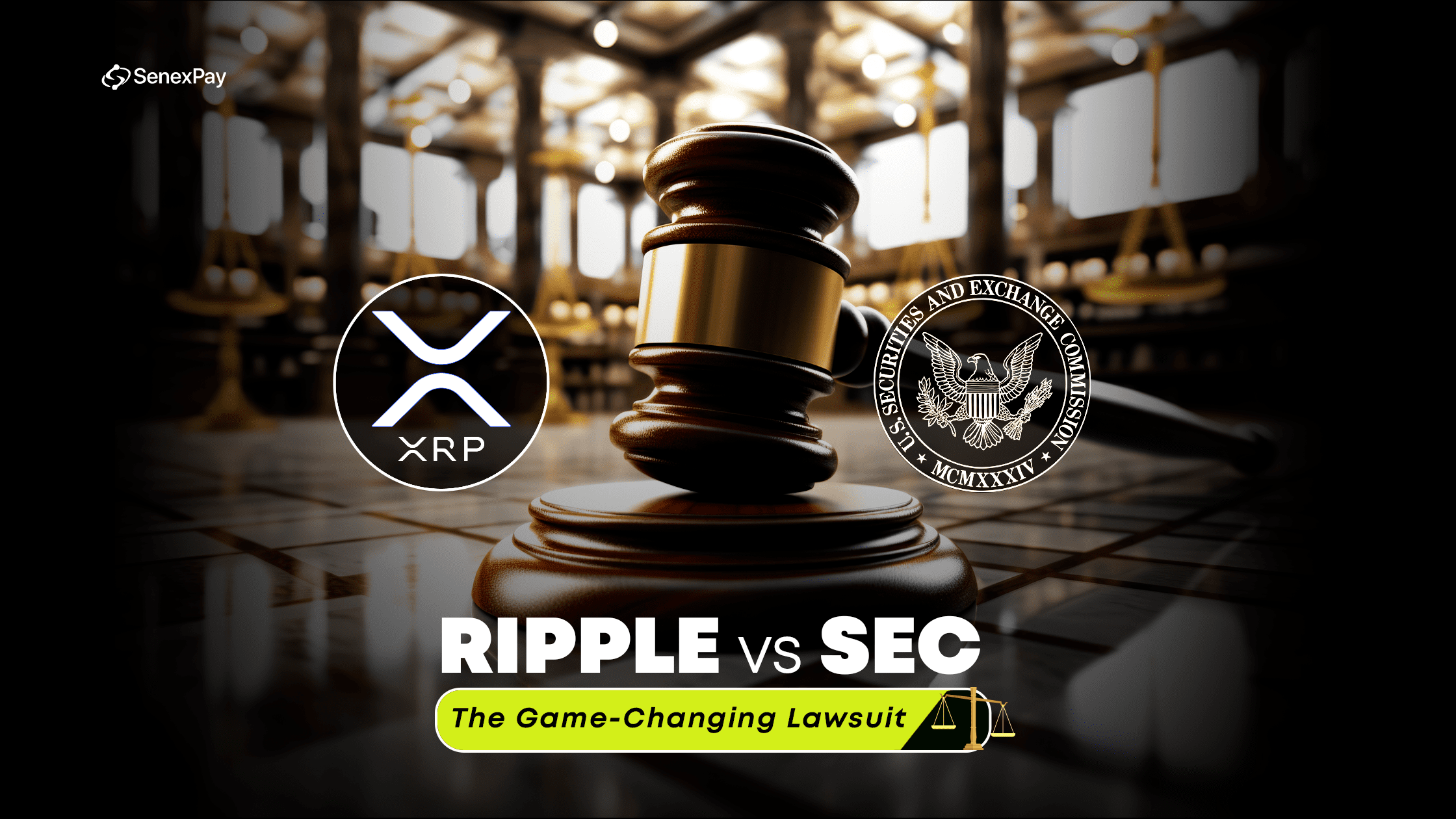In December 2020, the cryptocurrency world was shaken by a regulatory decision that would have lasting repercussions for one of the market’s major players: XRP. The U.S. Securities and Exchange Commission (SEC) filed a lawsuit against Ripple Labs, the company behind XRP, alleging that their sale of the cryptocurrency constituted an unregistered securities offering worth over $1.3 billion. This case didn't just put Ripple on trial—it put the entire crypto industry on notice.
Is XRP a Security?
The SEC's lawsuit hinges on a critical question: Is XRP a security? According to the SEC, Ripple's XRP sales were akin to selling shares in a company, requiring registration under U.S. securities laws. Ripple, on the other hand, argued that XRP is a currency, similar to Bitcoin or Ethereum, and therefore not subject to the same regulatory scrutiny.
The distinction between a security and a currency is more than just a technicality. Securities are subject to strict regulations designed to protect investors and ensure market integrity. If XRP were classified as a security, Ripple would have had to comply with these regulations from the start—something the SEC claims Ripple deliberately avoided.
The Immediate Fallout: XRP’s Price Plummets
The impact of the SEC's lawsuit was immediate and severe. Within weeks, XRP’s price plunged by over 60%, as uncertainty about its future gripped the market. Major cryptocurrency exchanges, including Coinbase and Bitstamp, quickly moved to delist or suspend trading of XRP, further exacerbating the price drop. XRP’s market capitalization, which had made it one of the top three cryptocurrencies by value, took a nosedive, erasing billions of dollars almost overnight.
Investors were left scrambling, unsure whether they were holding a currency or an unregistered security, and the market responded with a mass sell-off. The lawsuit not only dented XRP’s value but also damaged its reputation, leading many to question whether it could recover from such a significant blow.
The Ripple Effect: What Led to the SEC's Decision?
The SEC’s decision to pursue Ripple came after years of uncertainty and debate over how cryptocurrencies should be classified and regulated. Unlike Bitcoin and Ethereum, which the SEC had previously declared as not being securities, XRP was always something of a gray area. Ripple’s active involvement in promoting and selling XRP raised questions about whether it was more akin to a company selling shares than a decentralized currency.
The SEC’s move was part of a broader effort to bring clarity and enforce existing regulations in the rapidly evolving cryptocurrency space. By taking on Ripple, the SEC aimed to set a precedent that would define how other digital assets might be treated under U.S. law.
Ripple’s Fight Back
Ripple Labs didn’t take the SEC’s lawsuit lying down. The company has vigorously defended itself, arguing that XRP is a decentralized cryptocurrency and that the SEC’s case represents an overreach. Ripple’s defense has centered on the claim that XRP functions as a bridge currency in cross-border transactions, providing liquidity in a way that securities do not.
The case has dragged on, with both sides presenting compelling arguments. Ripple has even scored some preliminary victories, including a ruling that allowed the company to access SEC documents that could reveal why the agency did not consider Bitcoin or Ethereum as securities. This legal battle is being closely watched by XRP investors and the entire cryptocurrency industry.
The Long-Term Implications
The outcome of the SEC vs. Ripple case will likely have far-reaching implications. If the SEC prevails, it could set a precedent that leads to increased regulation of other cryptocurrencies, especially those with a centralized entity behind them. This could result in more lawsuits, more delistings, and potentially a chilling effect on innovation in the U.S. crypto market.
On the other hand, if Ripple successfully defends its position, it could provide the clarity that the crypto industry has long sought. A victory for Ripple might encourage other crypto projects to challenge the SEC’s stance and push for a more nuanced regulatory framework that accommodates the unique nature of digital assets.
A Case That Could Define Crypto’s Future
The SEC's lawsuit against Ripple is more than just a legal battle—it's a defining moment for the cryptocurrency industry. As the case unfolds, it will not only determine the fate of XRP but also influence how digital assets are regulated in the years to come. Whether the outcome brings about stricter oversight or greater freedom for cryptocurrencies, one thing is clear: the Ripple vs. SEC case is a pivotal chapter in the story of crypto.
Stay tuned as this landmark case develops, shaping the future of digital currencies and the regulatory landscape that governs them.



